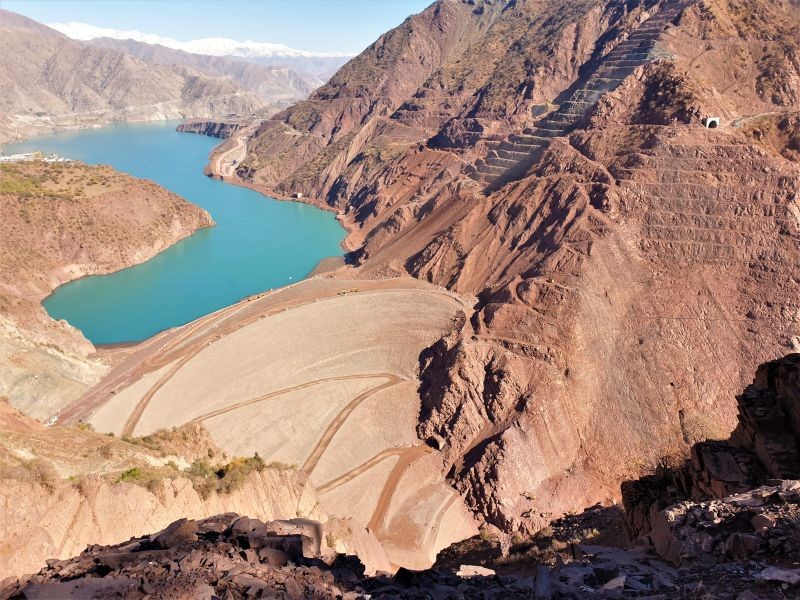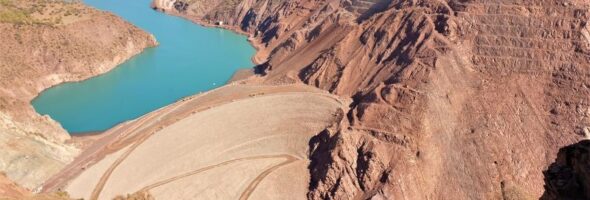
The World Bank’s Board of Executive Directors has declined to open an investigation into potential environmental and social risks linked to the construction of the Rogun Hydropower Plant in Tajikistan. The decision was reported in a press release published by the environmental NGO Rivers Without Boundaries.
As a result, the financial institution chose not to review a complaint filed by residents of Uzbekistan and Turkmenistan living downstream along the Amu Darya. The complainants had appealed to international bodies, arguing that the hydropower project could create serious environmental and socio-economic problems.
However, World Bank leadership refused to proceed, citing internal rules that allow only citizens of the country receiving the financing—in this case Tajikistan—to submit such complaints.
Members of the Rogun Alert coalition, which includes several environmental organizations alongside Rivers Without Borders, said the Bank used a procedural technicality to avoid addressing real ecological and social concerns in the region. These risks include water shortages, deteriorating water quality, ecosystem degradation, and the potential forced displacement of thousands of people.
After conducting a monitoring mission at the construction site in June, the Bank’s Inspection Panel recommended opening an investigation, having concluded that the project could harm the environment. The Board of Directors rejected this recommendation, citing internal policies—even though similar complaints from Uzbek residents regarding Rogun were reviewed in 2010.
“The Inspection Panel’s recommendation confirms the legitimacy of the concerns raised by residents of Uzbekistan and Turkmenistan. The Board’s refusal, based on legal formalities, looks like an attempt to avoid responsibility for serious and underestimated transboundary consequences that could worsen the lives of millions of people in the lower Amu Darya,” said Evgeny Simonov, lead expert at Rivers without Boundaries.
According to Simonov, the current situation may set a dangerous precedent for all of Central Asia, where water disputes are already acute. The World Bank’s decision could exacerbate existing risks: resettled communities may not receive adequate compensation, and Tajik authorities will have fewer incentives to revise the project even if major threats to local ecosystems emerge.
Environmental groups note that the Bank continues to ignore the voices of communities directly affected by the hydropower plant, despite assurances that the Rogun project will enhance regional water security. In practice, they say, transboundary concerns are being dismissed through procedural barriers.
Members of the Rogun Alert coalition stated they will continue monitoring the project and will seek alternative mechanisms to defend the environmental rights of those whose concerns were disregarded by the World Bank.
Source: FERGANA.NEWS. https://en.fergana.agency/news/143037/
All information on Rogun Hydropower Project can be found here https://rogun.exposed/


